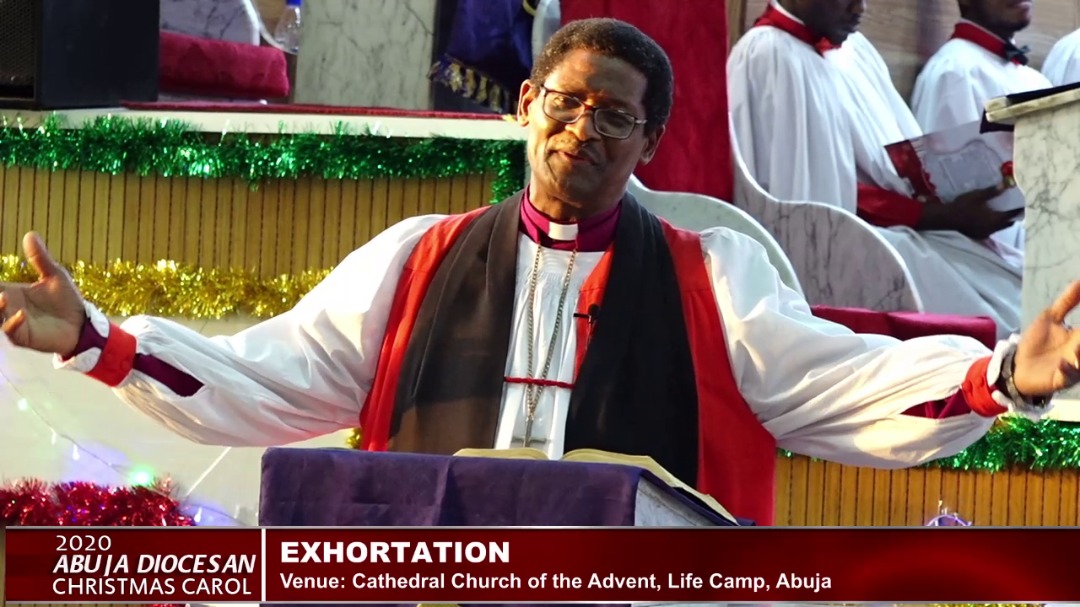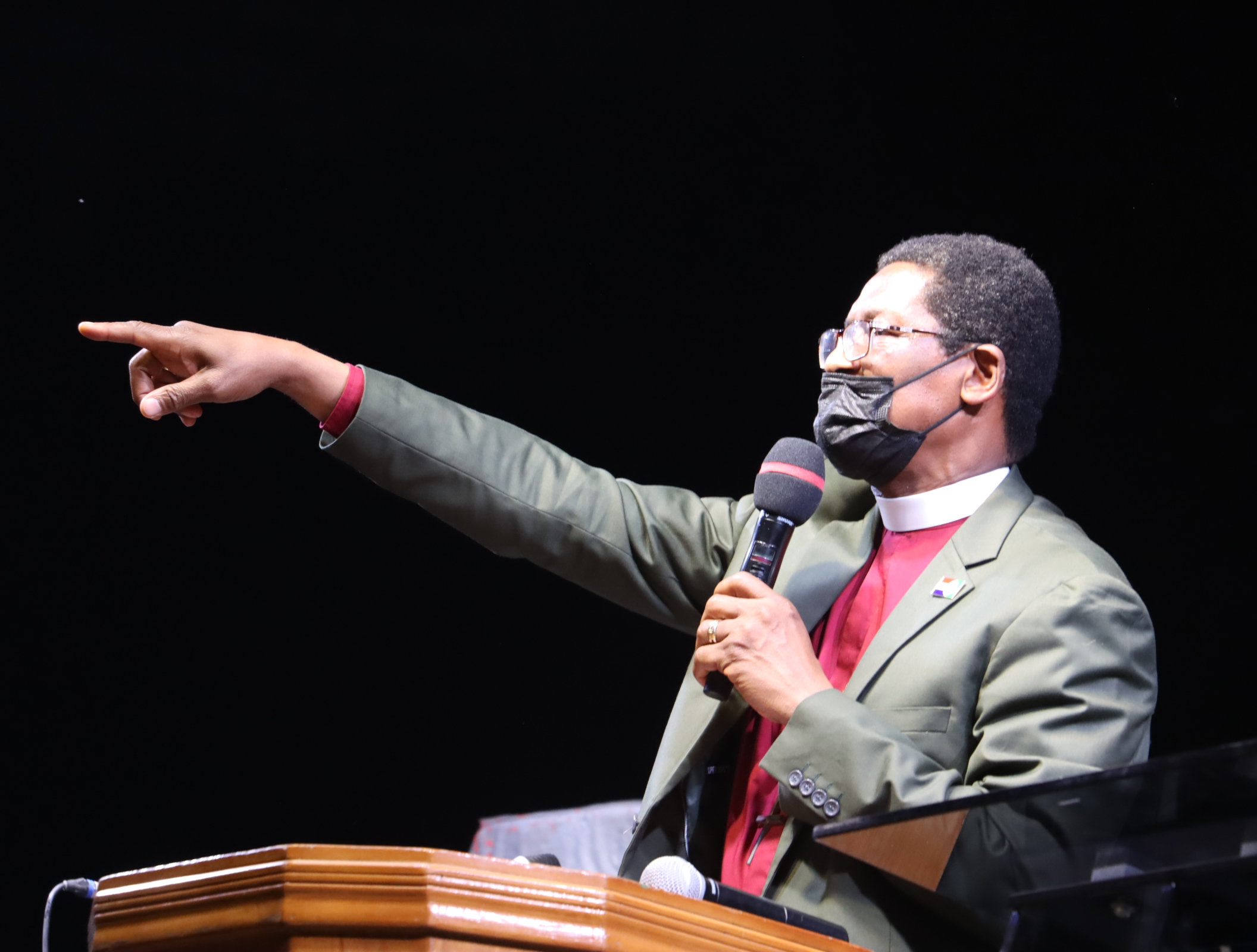The cross was a Roman instrument of capital punishment, a form of execution reserved for the worst criminals. For the Jews, crucifixion tantamount to being hung on the tree, which was accursed. Death on the cross was the most shameful death imaginable. But Christ accomplished his work and ministry on the cross and by the cross. He had to suffer and die on the cross to achieve victory over death and devil and effect salvation and deliverance for man. Therefore, the cross, for Christians, translates from shame to glory. It is not an end but a means. It is a way to a destination. It depicts sufferings and difficulties which lead to victory, hence, “cross and crown”. Christ used the cross as a picture of the kind of commitment that he expects from his followers – a commitment that makes his disciples willing to suffer anything, including torture, ridicule, shame, and death, for his (Christ’s) sake.
The way of the cross is the way of self-denial or “suffering” through which we attain glory. It is said that there is no success without suffering. An old adage has it that: “If you succeed without suffering, it is because someone has suffered for you. If you suffer without succeeding, it is so someone may succeed after you, but there is no success without suffering.” There is really no free lunch because somebody must have paid for it. There is price and cost for everything. Shortcuts are “Obtaining By Tricks” (OBT). Unfortunately, many today seek shortcuts in many things of life such as education, certificates, money making, work/assignment, even salvation.
Suffering or hardship is not a curse. Neither does it make a person less a loved child of God. If it is God’s will and design that one should suffer, he should follow the example of Christ (1Pet.2:21) and do it gladly (1Pet. 4:12-13) knowing that God works out good from evil (Rm 8:28).
The way of the cross is not the way of comfort. No one would choose it. Even Jesus did not. But it is the way that God has ordained for our salvation. Following Christ is not a bed of roses, and Christ did not pretend about it. He gave the cost of discipleship in clear terms: “If any will be my disciple, he will deny himself, take up his cross and follow me daily” (Matt. 16:24). He never promised absence of troubles but his presence and consolation.
The Bible Readings for the Day (Matins): Job 2; Matt. 26:57-end.
The OT passage provides the reason for, and insight into the suffering of Job. It was not because of any sin in his life, but simply because he was the Devil’s target and God allowed the proposal of the Devil.
Many people think that believing in God protects them from trouble. So when calamity comes, they question God’s goodness and justice. But the message of Job is that you should not give up on God because he allows you to have bad experiences. God is capable of rescuing us from suffering, but he may also allow suffering to come for reasons we cannot understand.
The NT passage tells of the unjust treatment of Jesus which ended on the cross. He was arrested for no just cause and given a stage-managed night trial.
He travailed in prayer and was in agony because of the ensuing passion and death on a cross. But he resigned and submitted to the will of God and moved on in the way of the cross.









